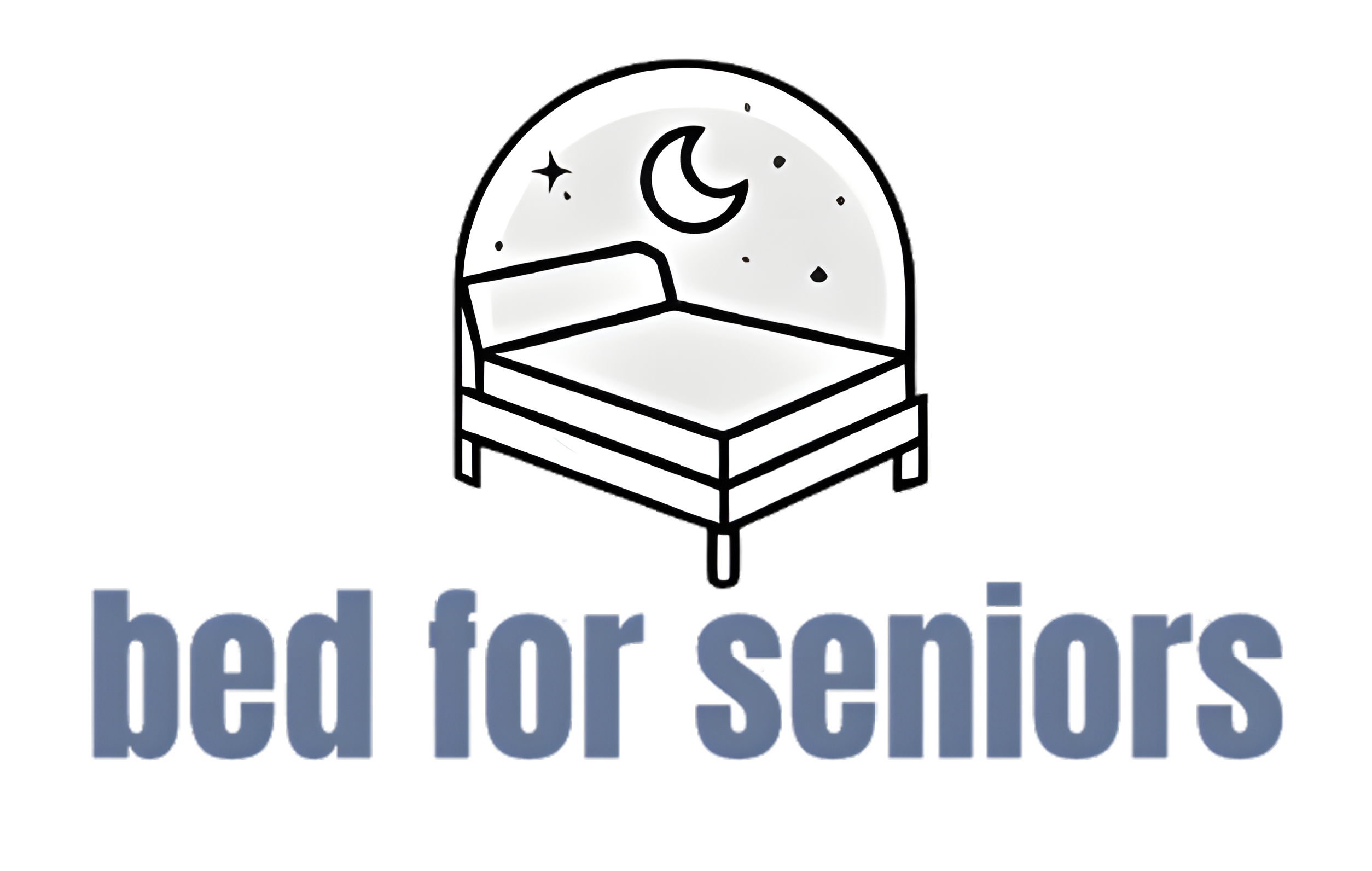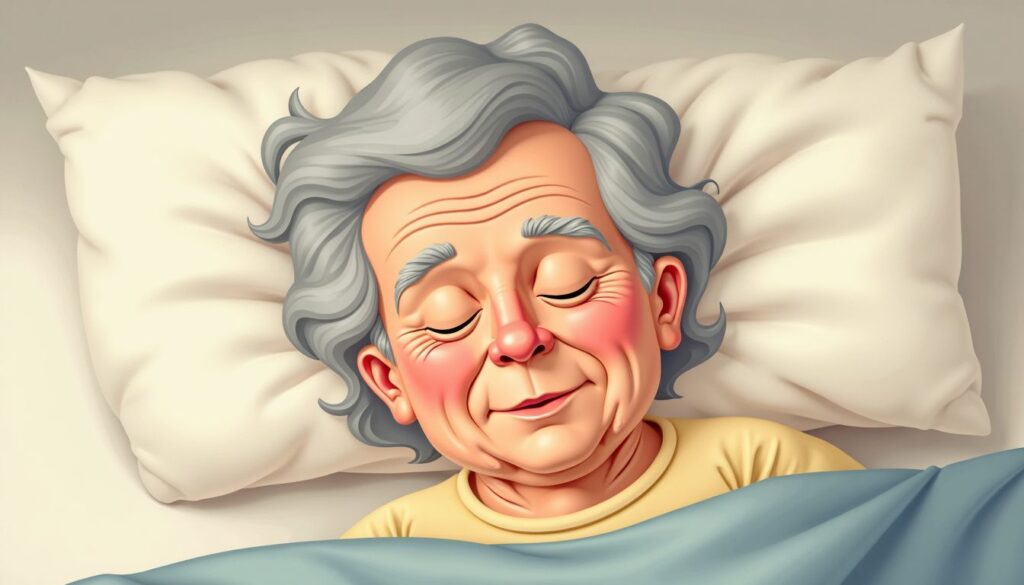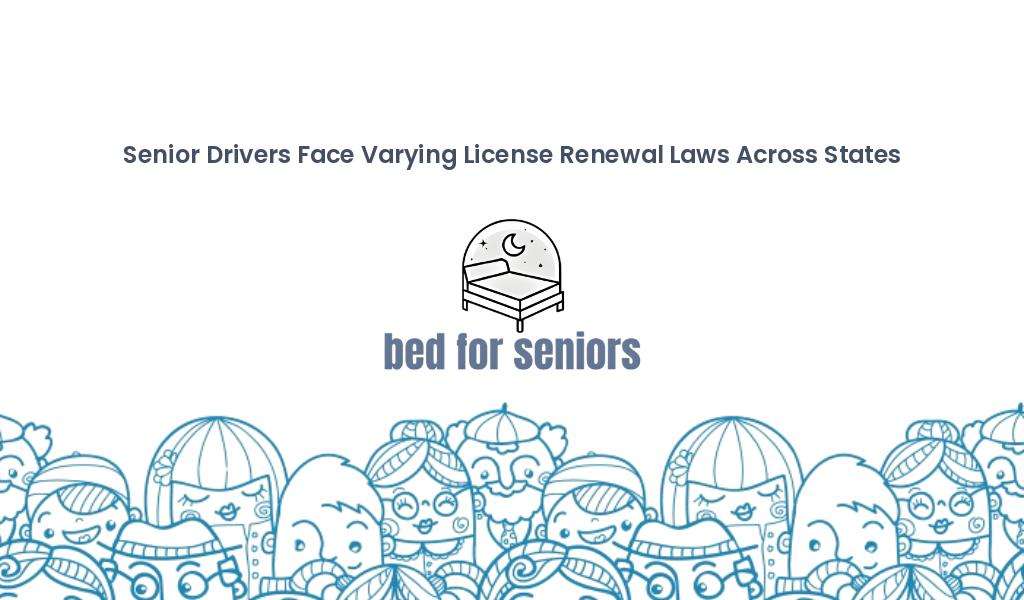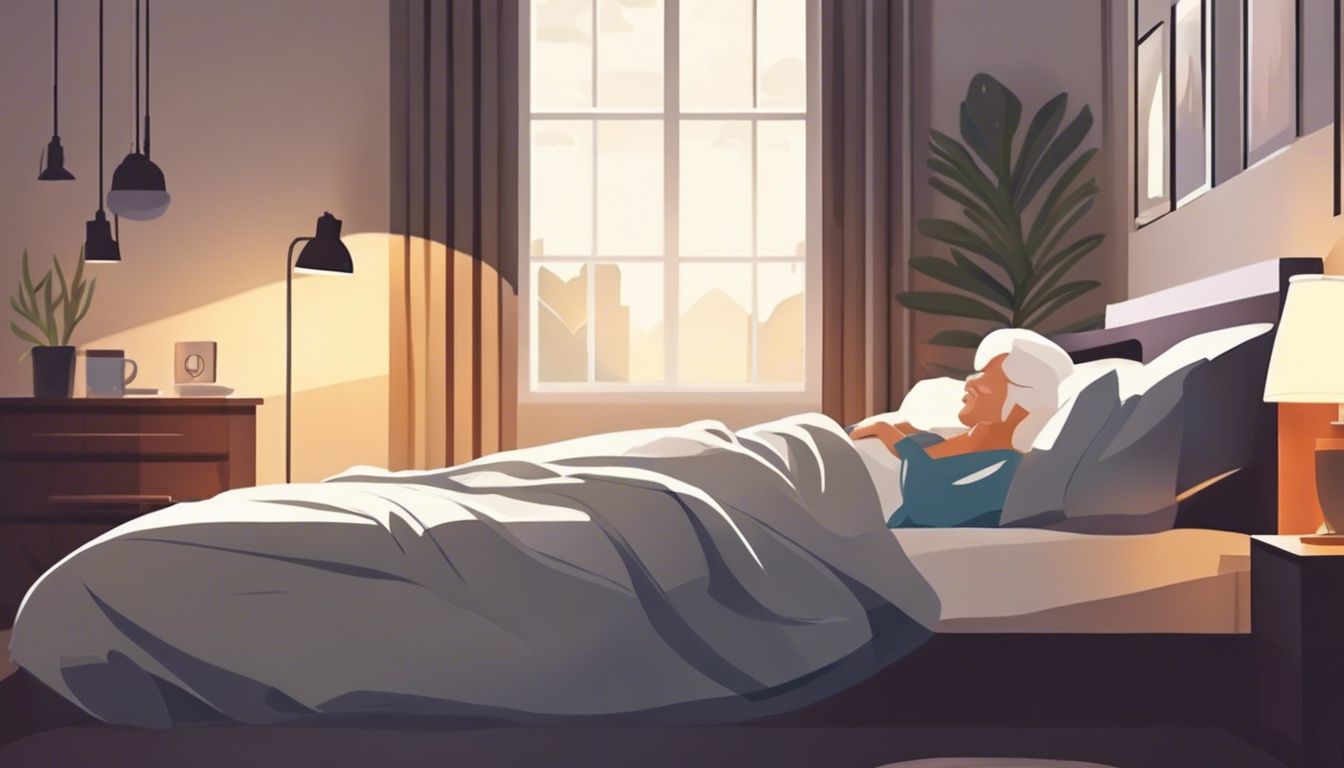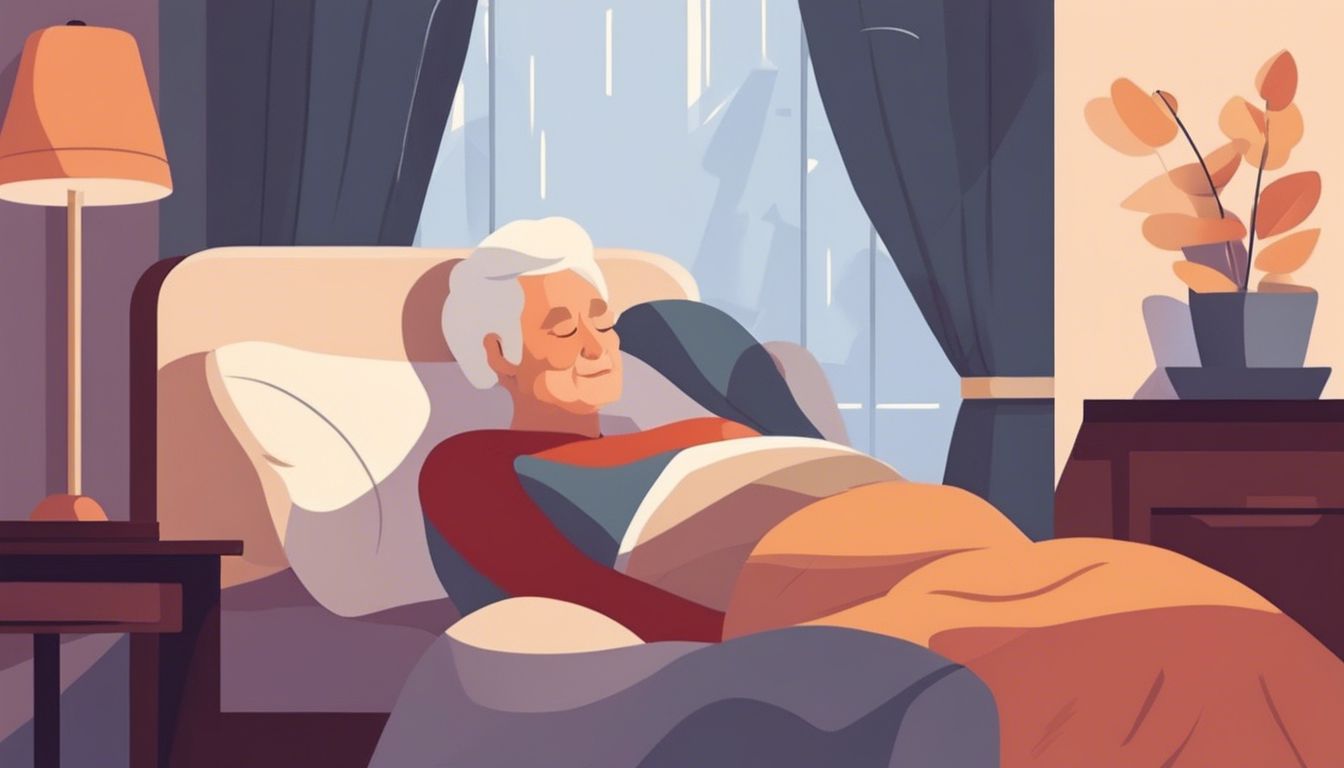Finding the right sleep position is hard for many seniors. Over 40% of older adults have sleep issues. Our article explains the best sleep positions to improve rest and health. Keep reading for answers.
Key Takeaways
- Side sleeping can help with acid reflux and snoring. It’s good for heart health too. Putting a pillow between your legs makes it even better.
- Back sleeping keeps the spine straight, which is good for back pain. But, it may not be best for those with sleep apnea or who snore a lot.
- Stomach sleeping might cause neck and back problems. Using a thin pillow or none at all can help avoid these issues.
- Special pillows and mattresses can make sleep more comfy for seniors. They help with many health problems like joint pain and breathing issues.
- Keeping a cool room, avoiding heavy meals before bed, and having a regular sleep schedule are important for good sleep in seniors.
Optimal Sleep Positions for Seniors

Finding the right way to sleep can make a big difference for seniors. Side and back positions offer comfort, but each has its own set of adjustments to consider.
Side Sleeping: Benefits and Considerations
Sleeping on one’s side mitigates the severity of acid reflux and might potentially decrease instances of snoring. This position promotes healthy blood flow, particularly when resting on one’s left side, making it beneficial for cardiac health.
Over 60% of individuals prefer to sleep in this posture, with males doing it more frequently than females. It also alleviates heartburn and contributes to maintaining a straight spinal alignment.
Inserting a cushion between your legs could alleviate discomfort in the neck, hips, back, and jaw. This minor adjustment ensures a comfortable night’s sleep while preserving a neutral spinal alignment.
Side sleeping supports physical well-being but could also enhance the overall quality of sleep by limiting disruptions such as snoring or gastroesophageal reflux disease (gerd).
Back Sleeping: Support and Comfort Tips
Back sleeping can be great for seniors. It helps keep the spine straight, which cuts down on back and shoulder pain. Putting a pillow under the knees makes this position even more comfy.
This way, the lower back feels better too.
However, it’s not perfect for everyone. People with sleep apnea might find their symptoms get worse when they lie on their back. About 50% of people with obstructive sleep apnea have more problems in this position.
Seniors who snore or have sleep apnea should try other ways to sleep that won’t make these issues bigger. But if someone has neck, hip, or back pain and doesn’t snore or have apnea, lying on their back is good for them.
Stomach Sleeping: Possible Issues and Adjustments
After exploring how to make back sleeping comfortable, we now look at stomach sleeping. This position often leads to neck and back pain because it’s hard on the spine. Very few people spend their sleep time this way—less than 10% do so.
For those who prefer lying on their stomach, some adjustments can help. Use a thin pillow or no pillow at all to keep your neck in a more neutral position. Placing a pillow under your hips can reduce stress on your lower back.
Also, a firm mattress supports better spine alignment, making breathing easier but with more effort needed. These changes aim for less snoring and fewer sleep disturbances while protecting the body’s alignment and comfort during rest.
Special Considerations for Sleep Positions in Seniors
Choosing the right sleep position matters more as people age. It can help manage health issues like heart problems, breathing troubles, and joint soreness… Pillows and mattress types also play a big role in improving rest and preventing pain.
Managing Common Health Conditions
Seniors face many health issues that affect sleep. Good sleep positions can help manage these problems.
- Elevate the head with pillows for allergies, sinus problems, or post-nasal drainage. This position helps reduce congestion.
- Sleep on the stomach or side to ease snoring and sleep apnea. These positions prevent airway blockage.
- For neck pain, sleeping on the back or side is best. Use a thin pillow if on the back and a thick one if on the side.
- Acid reflux sufferers should sleep on their side or with their head raised. This stops stomach acid from coming up.
- People with lower back pain find relief in the fetal position or by sleeping on their side with a pillow between their legs. It aligns the spine and reduces pain.
- Place a body pillow or foam mattress for hip pain and lower back issues. They provide extra support where needed.
- Avoid sleeping on your stomach if you have heart disease or high blood pressure. This can add stress to your heart.
- For those with GERD (gastroesophageal reflux disease), elevating the upper body helps prevent discomfort and indigestion at night.
These tips improve sleep quality, helping seniors stay healthy and comfortable throughout the night.
Enhancing Sleep Quality and Safety
Good sleep boosts health and mood. Keeping seniors safe at night is key. Here’s how:
- Use pillows to keep comfortable. Pick ones that match their firmness needs. They help with neck and back support.
- Find the best mattress for a good night’s sleep. It can prevent soreness. Look for stores that let you return it if it doesn’t fit well.
- For those with breathing problems, positive airway pressure devices are useful. They keep airways open.
- Managing acid reflux disease means raising the bed head. This stops heartburns during sleep.
- Exercise daily but not right before bed. This improves sleep and reduces insomnia signs.
- Keep a cool, quiet bedroom to boost sleep quality.
- Limit naps during the day to avoid nighttime sleep issues.
- Follow a regular sleep schedule to train the body to feel sleepy at the right time.
- Avoid heavy meals close to bedtime, especially for people with gastroesophageal reflux disease (GERD).
- Check medicines with doctors as some can disturb sleep.
Each step can make sleeping safer and more restful for seniors, leading to better health overall.
Conclusion
The best sleep positions for seniors depend on health needs. Side sleeping helps with breathing and reduces snoring. It’s good for the heart too. Back sleeping supports the spine well and prevents pain in shoulders and back.
Stomach sleeping is not ideal as it can cause neck and back issues but there are ways to make it work with proper pillow support. Seniors need to focus on positions that improve their sleep quality while keeping their specific health conditions in mind.
A good mattress and pillow are key for a restful night, leading to better overall health for seniors.
For more tips on enhancing sleep quality for seniors, check out our article on how seniors can improve sleep quality.
FAQs
1. What are the best sleep positions for seniors to maintain brain health?
The best sleep positions for seniors can depend on several factors, including existing neurological conditions and overall health. However, research suggests that sleeping on one’s side may promote better brain health by facilitating the removal of beta-amyloid, a protein associated with Alzheimer’s disease.
2. Can certain sleep positions help with breathing difficulties in seniors?
Yes! For those using continuous positive airway pressure (CPAP) devices or experiencing pauses in breathing during sleep, sleeping slightly upright can be beneficial. This position can also provide relief from gastroesophageal reflux disease (GERD), which is common among older adults.
3. How does body posture affect quality of life in senior years?
Conditions like kyphosis – colloquially known as ‘hunchback’ – and shoulder injuries can make some sleep positions uncomfortable for seniors. Pillow support and gentle exercises recommended by a chiropractor or sports physical therapy expert might help improve comfort while asleep.
4. Are there any specific sleep considerations for seniors with heart issues?
Absolutely! Seniors with congestive heart failure should avoid lying flat due to potential fluid build-up leading to additional strain on the heart. Instead, they could opt for an inclined position that promotes easier breathing and reduces stress on the heart.
5. Do certain chronic illnesses require special sleeping arrangements?
Indeed they do! Conditions like diabetes, obesity and carpal tunnel syndrome may necessitate adjustments in sleeping habits or positions to ensure optimal rest and symptom management.
6. How does fragmented sleep impact a senior’s overall well-being?
Fragmented sleep often leads to daytime fatigue and depression among seniors—it also increases risk of strokes, heart attacks, even diseases such as COVID-19 due to weakened immunity from lack of quality rest.
